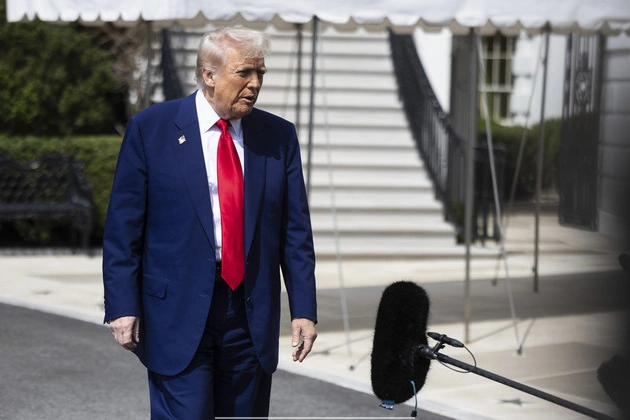
President Donald Trump is currently facing legal challenges to his tariffs, with more lawsuits looming on the horizon. A nonprofit legal group, the New Civil Liberties Alliance, recently filed a lawsuit in the U.S. District Court in northern Florida, arguing that Trump’s use of a national emergency law to justify the tariffs imposed on China is illegal.
Legal Basis for the Challenges
The core of the issue lies in the International Emergency Economic Powers Act (IEEPA), a nearly-50-year-old law that grants the president broad authority to respond to national emergencies. While the law provides various powers, including embargoes and banking restrictions, it does not explicitly mention tariffs. Legal scholars suggest that using IEEPA to impose tariffs could be deemed unconstitutional.
Concerns and Implications
Several businesses and trade associations are considering similar legal challenges to Trump’s tariffs. The Retail Litigation Center, representing major retailers like Target and Best Buy, supports judicial review of the tariffs, expressing concerns about the economic impact and potential price hikes for consumers.
Anticipated Legal Actions
The NCLA, representing Emily Ley Paper Inc, has filed a lawsuit against the China tariffs, highlighting the financial burden on businesses. While no immediate injunction is sought to stop tariff collection, the aim is to challenge the legality of Trump’s actions and seek a ruling by the year’s end.
Legislative Response
Some lawmakers, including Sens. Chuck Grassley and Maria Cantwell, have introduced a bill to limit presidential tariff authority, emphasizing the need for congressional oversight. However, challenges in Congress may hinder the bill’s progress.
Industry Perspectives
Despite concerns over the tariffs, many businesses are apprehensive about publicly challenging the administration. Fear of retaliation and uncertainty about the tariffs’ future impact contribute to the hesitancy in legal action.
As the debate continues, the legal landscape surrounding Trump’s tariffs remains complex and contentious, with potential ramifications for trade relations and economic stability.











